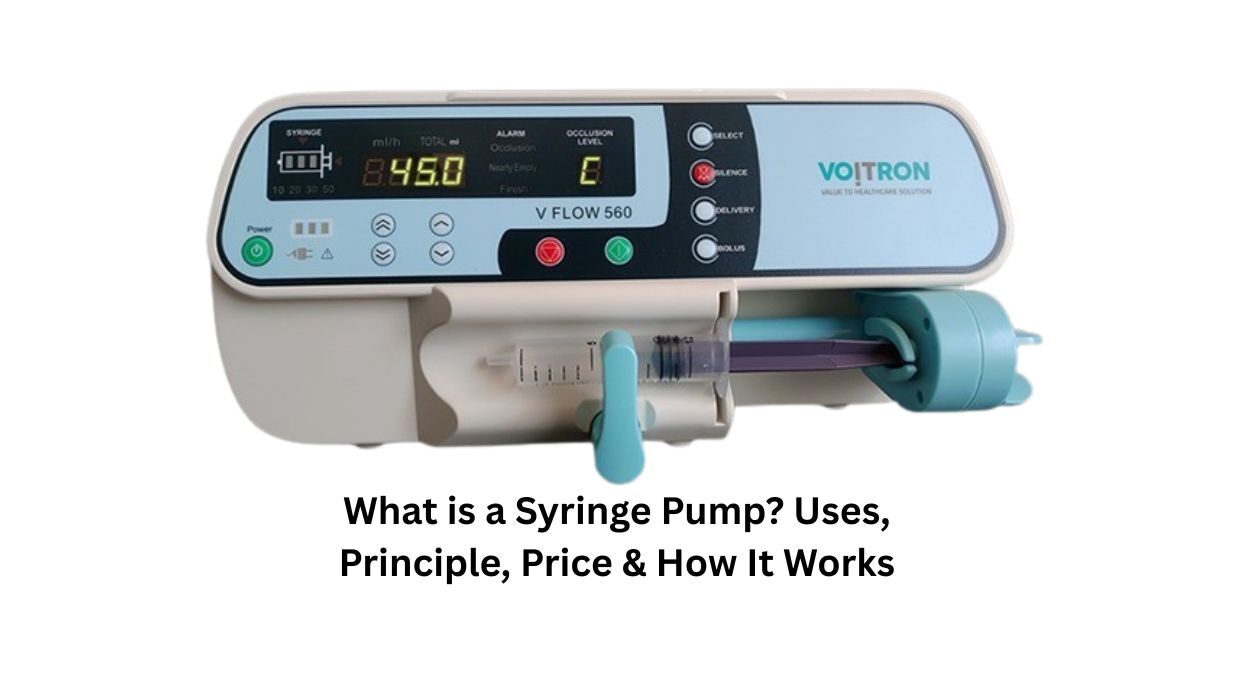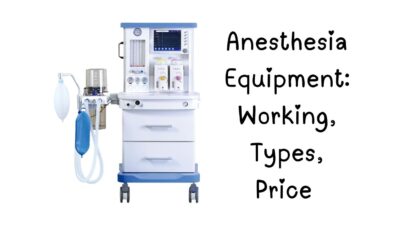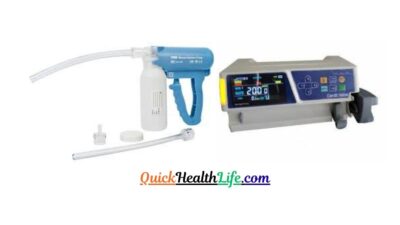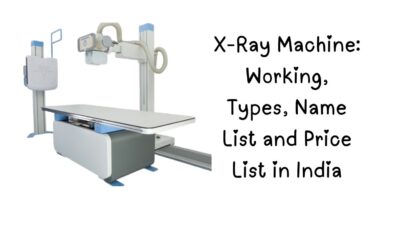What is a Syringe Pump?
A syringe pump is a computerized medical device that delivers precise amounts of medication at controlled rates. Unlike manual injections, it ensures:
✔ Exact dosing (as low as 0.1 mL/hr)
✔ Steady medication delivery
✔ Safety alarms for errors
✔ Programmable rates for different treatments
Table of Contents
Syringe Pump Price Range
| Type | Price Range (₹) | Key Features | Best For |
|---|---|---|---|
| Basic Clinic Model | 15,000 – 30,000 | Single syringe, basic alarms | Small clinics, veterinary use |
| Hospital-Grade | 40,000 – 1,00,000 | Multi-syringe, advanced programming | ICUs, operating rooms |
| NICU Specialized | 50,000 – 1,20,000 | Micro-dosing, ultra-precise | Neonatal intensive care |
| Portable/Ambulance | 25,000 – 60,000 | Battery-powered, compact | Home care, emergency transport |
Pro Tip: Government hospitals often get 20-30% discounts on bulk purchases.
How Syringe Pumps Work: Step-by-Step
- Loading – Sterile syringe is inserted into holder
- Programming – Nurse sets exact flow rate (mL/hr)
- Delivery – Motor pushes plunger at controlled speed
- Monitoring – Sensors detect blockages or empty syringes
- Alerts – Sounds alarm if any issues occur
Top 5 Medical Uses of Syringe Pumps
- ICU Critical Care
- Vasopressors for blood pressure control
- Insulin drips for diabetic emergencies
- Neonatal Units
- Precise nutrition for premature babies
- Minute-dose medications for infants
- Chemotherapy
- Slow infusion of toxic cancer drugs
- Pain pump delivery for comfort
- Research Labs
- Chemical experiments requiring exact measurements
- Animal testing in pharmaceutical studies
- Pain Management
- Patient-controlled analgesia (PCA) pumps
- Post-surgical pain relief
Syringe Pump vs Infusion Pump
Comparison table highlighting key differences:
| Feature | Syringe Pump | Infusion Pump |
|---|---|---|
| Volume Capacity | 1-50mL | 100-1000mL |
| Precision Level | 0.1mL accuracy | 1mL accuracy |
| Flow Rate Range | 0.1-100mL/hr | 1-999mL/hr |
| Common Uses | NICU, chemotherapy | IV fluids, antibiotics |
| Portability | More compact | Typically larger |
Doctor’s Recommendation:
“Use syringe pumps when dealing with high-risk medications requiring micro-dosing” – Dr. Sharma, ICU Specialist
Syringe Pump Maintenance Checklist
Bullet-pointed best practices:
- Daily
- Inspect for physical damage
- Check battery status
- Weekly
- Clean exterior surfaces
- Test alarm functions
- Monthly
- Lubricate moving parts
- Verify flow accuracy
- Yearly
- Professional calibration
- Electrical safety check
Top 3 Syringe Pump Brands in India
- B Braun
- German engineering
- 5-year motor warranty
- Fresenius Kabi
- Best for ICU use
- Smart connectivity options
- BD Alaris
- Most portable designs
- Excellent after-sales service
benefits of using a syringe pump
Syringe pumps offer several advantages in medical and research settings:
- Consistent Fluid Delivery: They enable medical practitioners to set a specific target pressure and control, ensuring a steady and consistent flow of fluids without fluctuations. This precision significantly enhances patient recovery and disease management.
- High Precision: Syringe pumps are capable of delivering even the smallest volumetric flows with high accuracy, down to pico-litres, which is essential for precise dosing.
FAQs About Syringe Pump
1. How often should syringe pumps be calibrated?
✅ Every 6 months for hospital use, annually for clinics
2. Can syringe pumps be used for epidural anesthesia?
✅ Yes, specially designed models exist for this purpose
3. What’s the battery life of portable syringe pumps?
✅ 8-12 hours continuous use on full charge
4. Are there wireless syringe pumps?
✅ New smart models allow remote monitoring via Bluetooth
5. How to prevent syringe pump occlusions?
✔ Use correct syringe size
✔ Prime tubing properly
✔ Avoid kinks in line
6. What fluids can’t be used in syringe pumps?
❌ Highly viscous solutions
❌ Suspensions with particles
7. Difference between syringe driver and pump?
✅ Drivers are simpler, pumps have programmable features
8. How to clean a syringe pump?
✔ Wipe with 70% alcohol
✔ Never submerge in liquid
9. Can syringe pumps be rented?
✅ Yes, monthly rentals available from medical suppliers
10. Which brands offer the best warranty?
🏆 Top 3: B Braun (3 yrs), Fresenius (2 yrs), BD (2 yrs)



